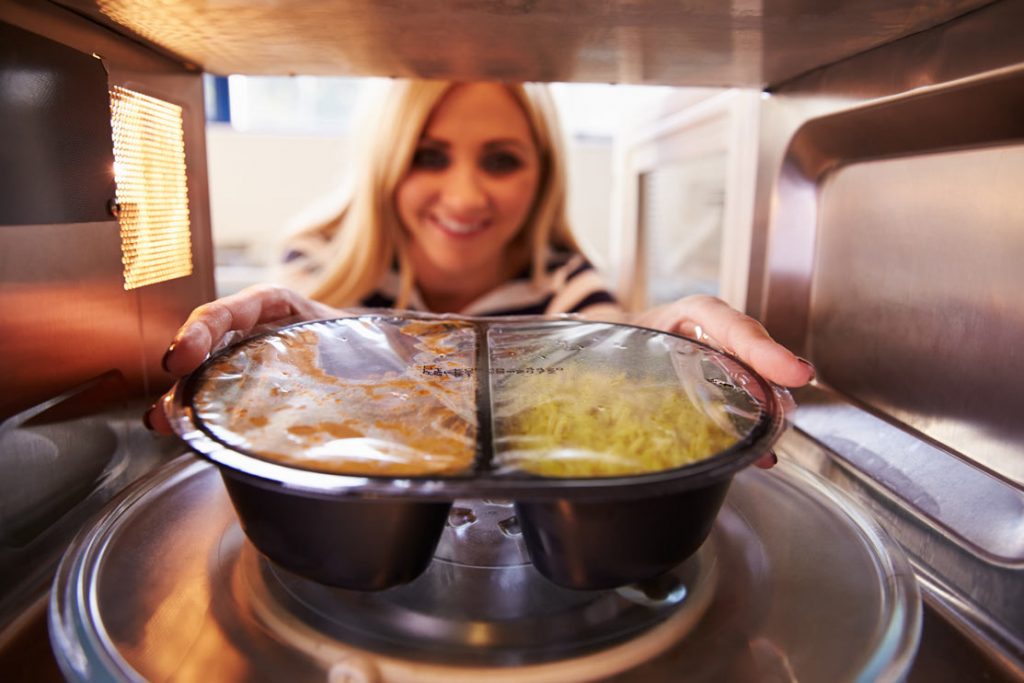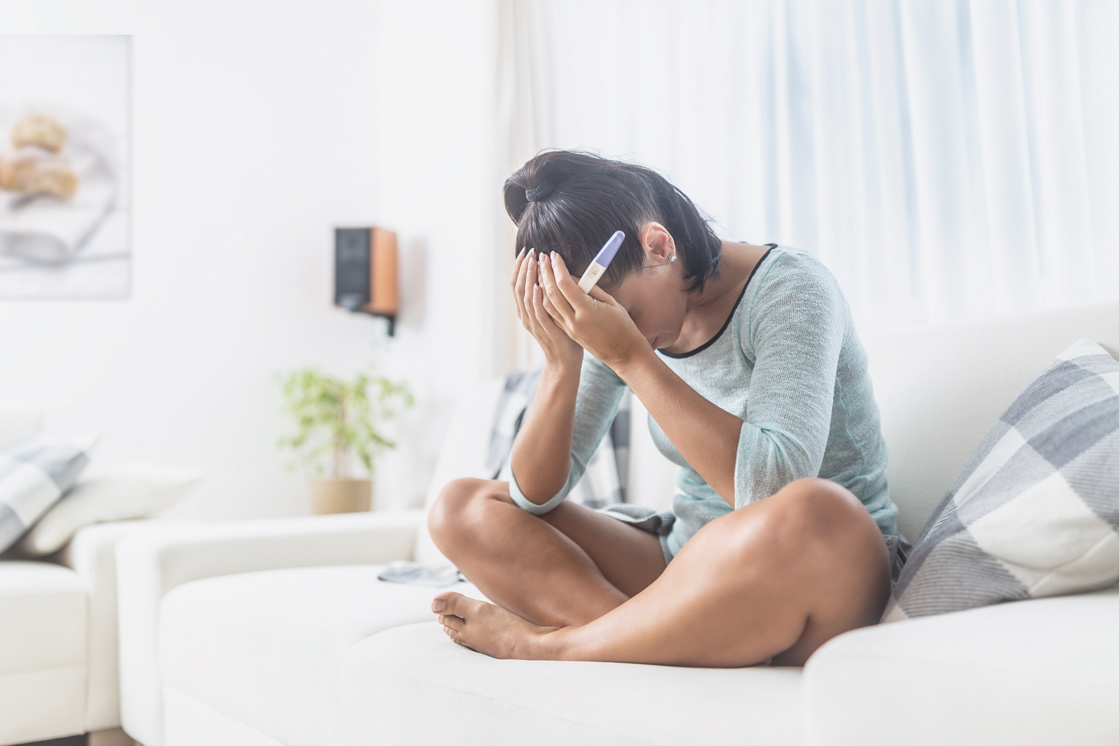You’ve heard about what plastic is doing to our oceans. But have you heard what it could be doing to fertility?
Plastics and fertility are linked – substances in many everyday products that we use are linked to a decline in fertility, say scientists.
Dr Amin Gorgy, Consultant at The Fertility & Gynaecology Academy says: “Sadly, sperm counts in the western world have gone down by more than half over the last four decades and female fertility has been declining too. Scientists conclude that this is at least partly the fault of chemicals put into the plastics we use. These chemicals contain ‘endocrine disruptors’, which mimic or interfere with our natural hormones.”
Oh, great, we can hear you say: more things I have to avoid. As if women who want to get pregnant don’t have enough to contend with! But this issue actually applies just as much to men.
At the Fertility and Gynaecology Academy, our mindset is: Don’t be scared, be smart. Here we offer a quick overview of the problem and 10 handy tips for how to spot and avoid those hidden chemicals.
So what are these chemicals?
There is a category of chemicals known as phthalates, which work to make plastics soft and supple. Phthalates can also be found in make-up, toiletries, and most fragranced products. They are especially problematic because they can lower testosterone, threatening reproductive health.
On the other hand, chemicals such as bisphenol A (BPA) are said to be potentially damaging to female fertility. BPA is often used to harden plastic for objects like plastic bottles and cups.
How can we reduce exposure to these chemicals to help protect our fertility?
Clearly, we can’t avoid plastics completely – and it’s unhelpful to stress ourselves out attempting the impossible. However, there are some helpful steps we can take, such as:
- Don’t heat food in plastic wrapping or plastic containers: One of the most common ways we absorb phthalates is through plastic food packaging. When this plastic packaging is heated, phthalates can leach into the food we eat. So if you’re in a rush and need to eat a microwave meal, it’s best to tip the container out onto a ceramic plate first.
- Know your codes: Different kinds of plastics carry different recycling codes (from 1 to 7) which have different levels of potential toxicity. For example, number 3 (found in cling film) contains BPA. Learn the codes to make the best choice for you.
- Look at the labels on your cosmetics: It’s probably more helpful to search for the products that don’t contain phthalates, because so many do. Some organisations and companies publish lists. Start by googling ‘phthalate-free cosmetics’. And be especially mindful regarding ‘waterproof’ cosmetics and liquid lipsticks.
- Find a plant-based range of cleaning products or get crafty at home: As awareness of this issue grows, helpful blogs on how to make DIY air-fresheners are springing up. But if you don’t have time to do that – and let’s face it, most of us don’t – there are a few rare ranges that specialise in all-natural chemical-free fresheners. Hooray!
- Switch your plastic reusable coffee cup for a steel model: Chances are, that plastic reusable cup has been made with BPA. There are some gorgeous steel models out there, so get searching!
- Go digital: Where possible, have your receipts emailed. Receipt paper is often made with BPA.
- BPA-Free Plastic? Be Careful: Often these ‘BPA-Free’ plastics may be constructed with BPS or other Bisphenols, which could bleed out chemicals which can also interfere with naturally-occurring hormones. As much as you can, it’s best to just choose non-plastic packaging.
- Eat Organic Foods: Phthalates can be found in pesticides sprayed on non-organic fruit and veg and in the produce used to feed livestock for non-organic meat. So if you can buy organic, so much the better.
- Look for natural fragrances: From perfume to fabric softener, almost anything fragranced is made with phthalates. Thankfully though, there are alternatives. Search online for products with labelled phrases such as ‘no synthetic fragrance’.
- Buy a water filter: Traces of herbicides and pesticides may be found in water from the taps, so it’s safer to shop for a good water filter that gets rid of the toxic stuff.
Remember: Don’t be scared, be smart. None of us could avoid these chemicals completely, even if we made it a full-time job! So do what you can, and give yourself a pat on the back for any little step you can take. You’re worth the work, but you also need to rest!
Looking after yourself and being well-informed about your options is key to a successful fertility journey. To book a consultation with one of our expert team, call 020 7224 1880 or email info@fertility-academy.co.uk.







